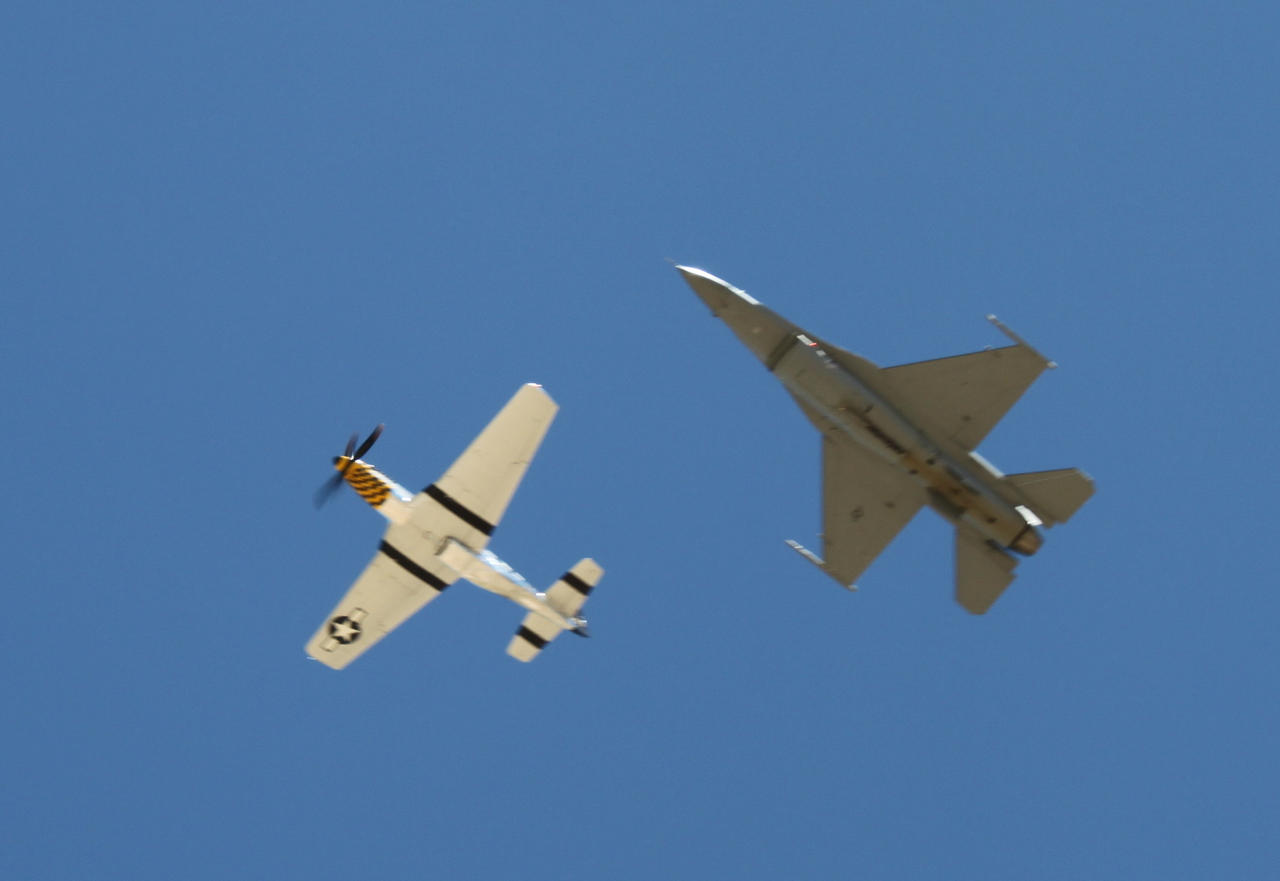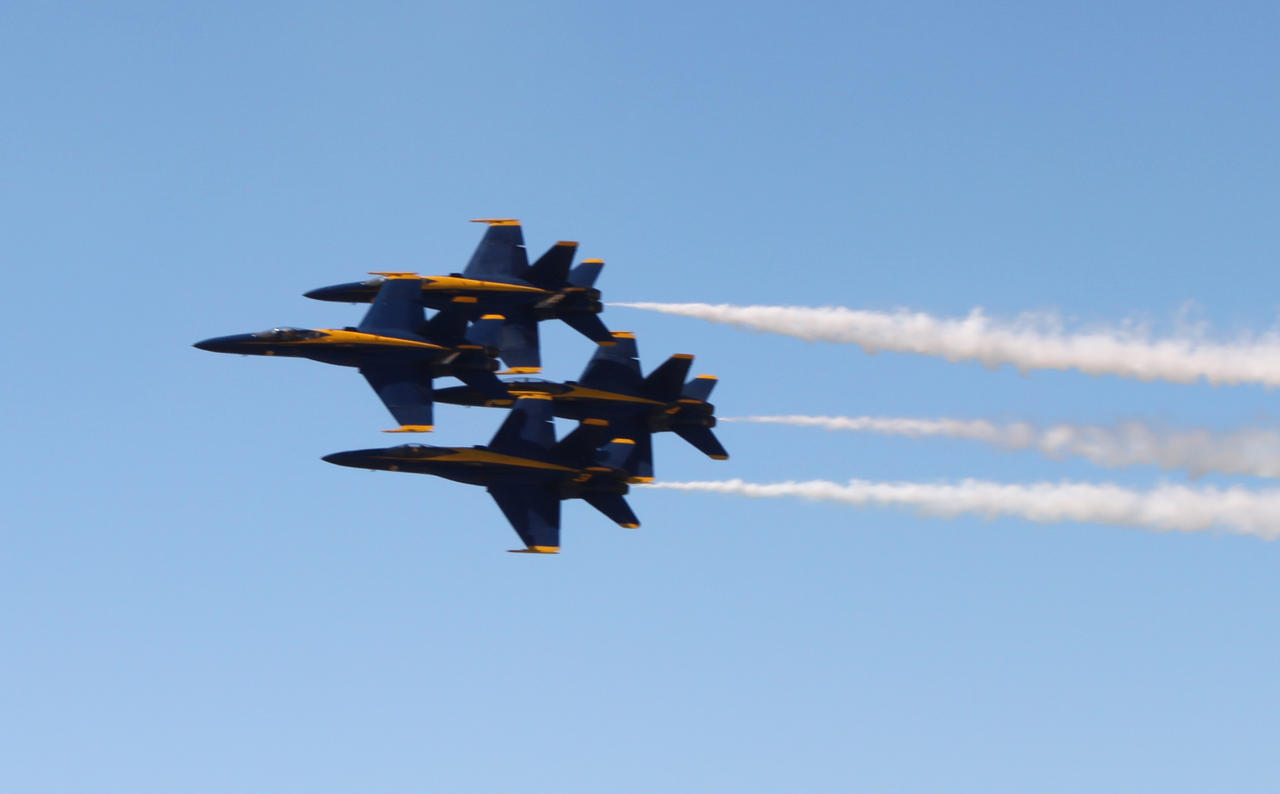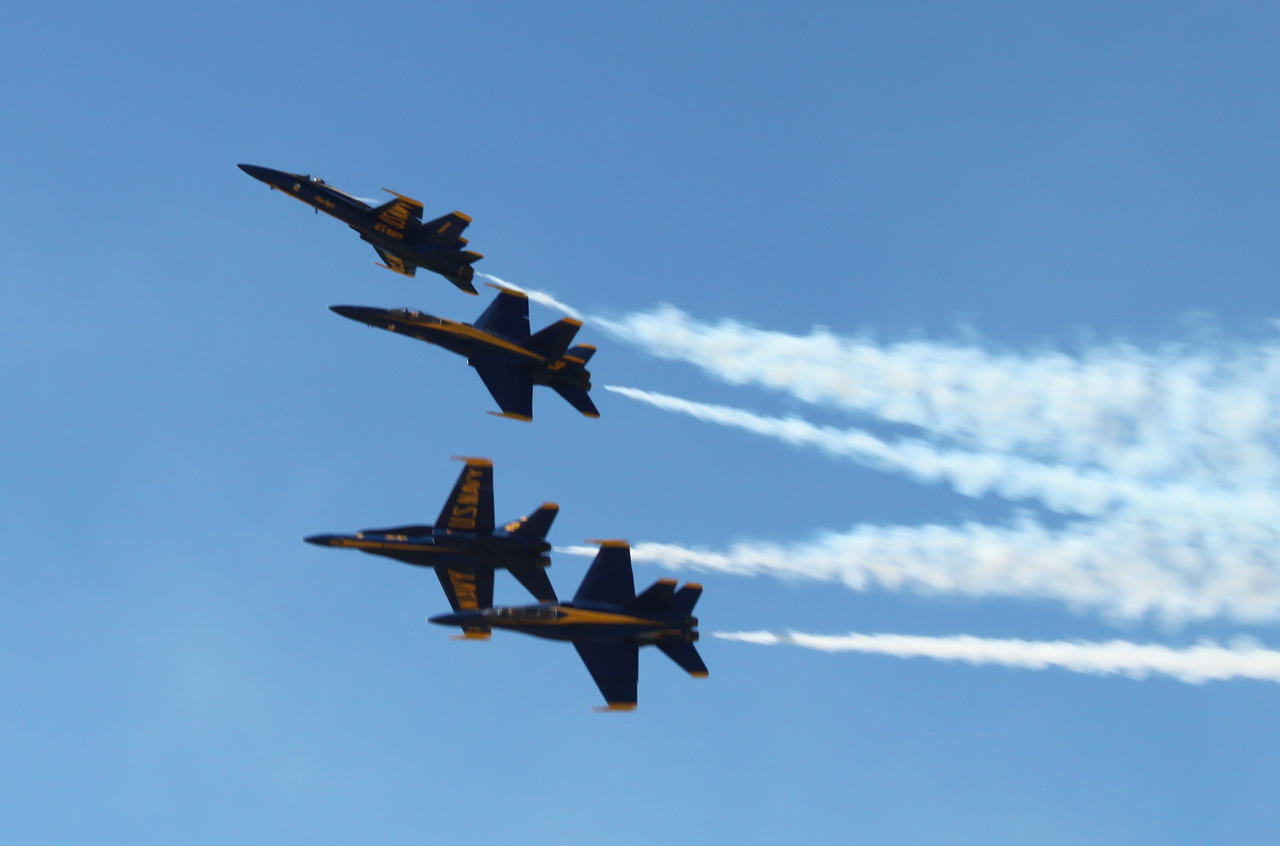Cassie plays the bassoon, so I have to poke some fun. I've discovered the secret to that unique bassoon sound.

Habañero Death Chili:
1/2 lb bacon
1 lb ground beef
1 lb ground pork
1 green bell pepper
1 yellow onion
6 jalapeño peppers
6 habañero peppers
6 anaheim peppers
2 cloves garlic
1 1/2 Tbsp ground cumin
1 Tbsp crushed red pepper flakes
3 Tbsp chili powder
2 Tbsp beef bouillon
2 (16oz) cans kidney beans
2 (16oz) cans black beans
2 (16oz) cans pinto beans
1 (12oz) bottle beer
2 cups waterFinely chop onion and peppers (the hotter the pepper, the finer it should be chopped). Fry the bacon until it is crispy; blot the grease and chop fine. Cook the ground beef and pork until half done. Drain grease, add chopped bacon and vegetables, continue cooking until meat is done. Place meat and vegetables in cooking pot. Drain and rinse beans, add to pot with water and spices. Bring to a boil, reduce heat, and let simmer 20 minutes. Add beer, simmer additional 20-30 minutes.

"[I'm] going to start a blog called "Sorry I Haven't Updated in a While" and it will only feature articles apologizing for not updating more often. Sample: Sorry I haven't updated the blog in a while, but a spider hopped into my mouth, laid eggs, and now I'm pregnant with spiders."Meanwhile, I've been back at ISU for a month now. This has been/will be a busy semester. I'm focusing on my music minor, which I've just started. That means music theory, which I haven't studied since high school... ten years ago! Music theory. Aural skills (sight singing and dictation, both of which I've been doing on my own for forever so it's easy). Trombone lessons with Dr. Brooks (I'm playing the bass Trombone this semester, and it is so much fun!). Mr. York coerced me to join the marching band by telling me there was a $400 scholarship (there was). So far there are a lot of sentences in this post that end with a statement in parentheses (like this one). In addition to marching band, I'm in the symphonic band, both jazz bands, and a brass ensemble (that's five total ensembles). Busy times! I also have a couple geology projects I'm trying to get done, but time and computer access has been an issue.









"You never want a serious crisis to go to waste. And what I mean by that, it's an opportunity to do things that you think you could not do before." - Rahm EmanuelThis quote came before the BP-Obama Oil Spill, but was validated as the central tenet of liberal political tactics as Obama's response to the spill consisted of refusing cleanup help offered graciously by foreign countries, forbidding Bobby Jindal from building sand berms, refusing to utilize cleanup boats from other parts of the country because "they might be needed where they are", and delaying BP from testing and using the cap that finally stopped the leak as long as possible. Meanwhile reporters were denied access to "oil-soaked" beaches, while Obama made an appearance between golf trips to a Gulf Coast beach to pick up tar balls (there are always tar balls on those beaches; they are a natural occurrence, due to natural seepage of oil that has nothing to do with drilling, and the recent oil spill consisted of light crude unlikely to form these balls!).
"The Ixtoc I oil spill, about the same size as the BP-Obama spill and also in the Gulf of Mexico, occurred in 1979, and almost no-one remembers it today. This spill is bad, but it will be little more than a sentence or two in our children's history books. Even with the higher estimates of about 130 million gallons of leaked oil, the Mississippi River pours that much new water into the Gulf every 38 seconds. The Gulf is huge. Even without drilling, millions of gallons of oil naturally seep into the ocean daily, and the seawater destroys it. This is far more concentrated, but even with no action whatsoever on our part, in a couple decades it would be cleaned up naturally. The surface of the Gulf is 615,000 square miles, and the volume is 660,000,000,000,000,000 gallons. That's 660 quadrillion gallons, more than any mind can conceive. This spill is tiny, and the Earth isn't even noticing it."
"The oil slick in the Gulf of Mexico appears to be dissolving far more rapidly than anyone expected, a piece of good news that raises tricky new questions about how fast the government should scale back its response to the Deepwater Horizon disaster."
"The dissolution of the slick should reduce the risk of oil killing more animals or hitting shorelines. But it does not end the many problems and scientific uncertainties associated with the spill, and federal leaders emphasized this week that they had no intention of walking away from those problems any time soon. The effect on sea life of the large amounts of oil that dissolved below the surface is still a mystery."
"[...] understanding the effects of the spill on the shorelines that were hit, including Louisiana’s coastal marshes, is expected to occupy scientists for years."
"The gulf has an immense natural capacity to break down oil, which leaks into it at a steady rate from thousands of natural seeps. Though none of the seeps is anywhere near the size of the Deepwater Horizon leak, they do mean that the gulf is swarming with bacteria that can eat oil."
That would leave slightly less than 4 million barrels missing.
The best-case scenario is that much of this amount has been eaten by the gulf's natural stock of oil-munching microbes. Several scientists have said they are concerned that these microbes could cause their own problems, depleting the oxygen that gulf creatures need in the water.
But Wednesday, NOAA's Lubchenco said oxygen-free dead zones have not been detected so far. And Ed Overton, a professor at LSU, said he believed the microbial process, supercharged by summer heat, was helping. "We have made a gigantic biological treatment pond in the gulf," Overton said. Because of its work, he said, "we're well, well over the hump. I would say that the acute damage -- we've seen it, it's [already] been done. And that the environment is in the recovery stage."
"The light crude oil is biodegrading quickly," NOAA director Jane Lubchenco said during the response team daily briefing. "We know that a significant amount of the oil has dispersed and been biodegraded by naturally occurring bacteria."
Lubchenco said, however, that both the near- and long-term environmental effects of the release of several million barrels of oil remain serious and to some extent unpredictable.
"The sheer volume of oil that's out there has to mean there are some pretty significant impacts," she said. "What we have yet to determine is the full impact the oil will have not just on the shoreline, not just on wildlife, but beneath the surface."
But much of the oil appears to have been broken down into tiny, microscopic particles that are being consumed by bacteria. Little or none of the oil is on seafloor, she said, but is instead floating in the gulf waters.